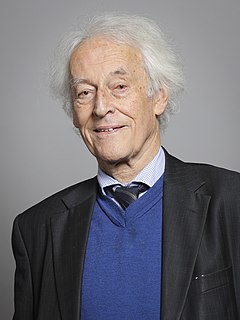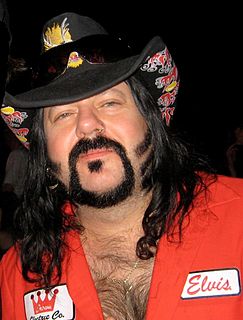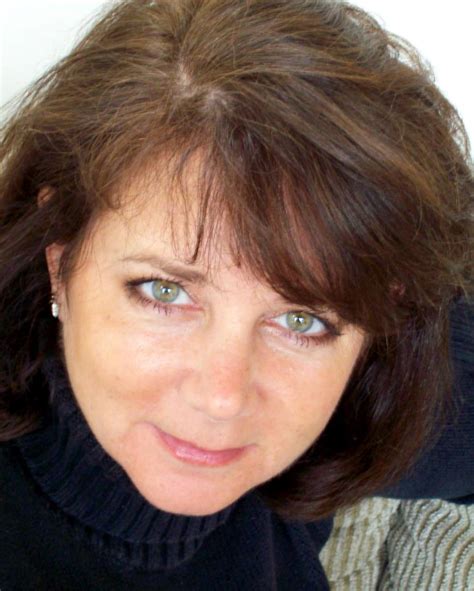A Quote by Michel de Montaigne
Painting myself for others, I have painted my inward self with colors clearer than my original ones. I have no more made my book than my book has made me--a book consubstantial with its author, concerned with my own self, an integral part of my life; not concerned with some third-hand, extraneous purpose, like all other books.
Related Quotes
Sometimes among our more sophisticated, self-styled intellectuals--and I say self-styled advisedly; the real intellectual I am notsure would ever feel this way--some of them are more concerned with appearance than they are with achievement. They are more concerned with style then they are with mortar, brick and concrete. They are more concerned with trivia and the superficial than they are with the things that have really built America.
Being a best-selling author just means the world for me. Some of my happiest memories, growing up, are being at book stores and reading books I couldn't afford, as a kid, and the midnight parties, waiting for the next Harry Potter book. The fact that I have that straw in my cap means more to me than anything I've ever accomplished before.
Ron Karenga wrote a book back in 1968, and in that book, he said that the reason, part of his motivation for starting Kwanzaa was because he felt that Christianity was the white man religion, and he didn't like Jews, and so he made up this lie. And he called it an African holiday because he was concerned that if he didn't call it an African holiday, that black Americans would not participate in it.
The narrative image has more dimensions than the painted image - literature is more complex than painting. Initially, this complexity represents a disadvantage, because the reader has to concentrate much more than when they're looking at a canvas. It gives the author, on the other hand, the opportunity to feel like a creator: they can offer their readers a world in which there's room for everyone, as every reader has their own reading and vision.
Reading was only part of the thrill that a book represented. I got a dizzy pleasure from the weight and feel of a new book in my hand, a sensual delight from the smell and crispness of the pages. I loved the smoothness and bright colors of their jackets. For me, a stacked, unread pyramid of books was one of the sexiest architectural designs there was, because what I loved most about books was their promise, the anticipation of what lay between the covers, waiting to be found.
In my case, I made the decision early on that I was going to be very open about the book and claim upfront that each of the stories was based on my life experience. I think my reasoning goes back to what I was saying earlier, about wanting the book to be "more than a book," that I wanted the reader to feel a little unsettled about what they were reading: there's a core of factual truth here.










































